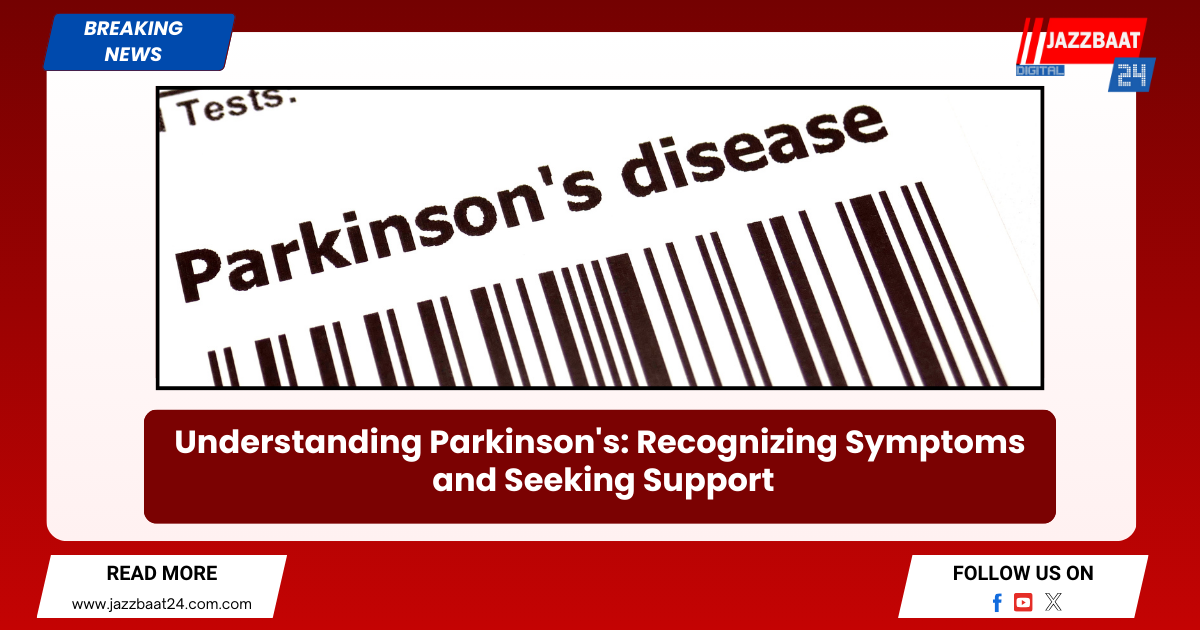Parkinson's disease, a progressive neurological disorder, impacts millions worldwide, yet understanding its intricacies remains crucial. Characterized by the gradual loss of dopamine-producing cells in the brain, Parkinson's manifests through a range of motor and non-motor symptoms.
Motor symptoms, often the most recognizable, include tremors, bradykinesia (slowed movement), rigidity, and postural instability. These impairments can significantly affect daily activities, such as walking, writing, or even speaking. Additionally, non-motor symptoms like depression, anxiety, sleep disturbances, and cognitive decline further compound the disease's burden, affecting both physical and mental well-being.
Early detection is paramount for effective management, as symptoms may initially be subtle. Recognizing these signs and seeking medical evaluation promptly can facilitate timely intervention and improve quality of life. However, diagnosis remains primarily clinical, relying on patient history, physical examination, and sometimes neuroimaging.
While there is no cure for Parkinson's, various treatment options aim to alleviate symptoms and enhance functionality. Medications, such as levodopa and dopamine agonists, help replenish dopamine levels or mimic its effects. Physical therapy, occupational therapy, and speech therapy can also aid in managing motor symptoms and enhancing daily functioning.
Furthermore, ongoing research into Parkinson's disease continues to uncover insights into its etiology and potential therapeutic avenues. From exploring the role of genetics to investigating neuroprotective strategies, scientific endeavors offer hope for better understanding and management of the condition.
Equally important is the provision of support and resources for individuals living with Parkinson's and their caregivers. Support groups, educational programs, and community resources can offer invaluable assistance, fostering resilience and empowerment in navigating the challenges posed by the disease.
In conclusion, Parkinson's disease encompasses a complex array of symptoms that necessitate a comprehensive approach to diagnosis, management, and support. By raising awareness, promoting early detection, and advocating for research and resources, we can strive towards better outcomes and enhanced quality of life for those affected by this debilitating condition.

